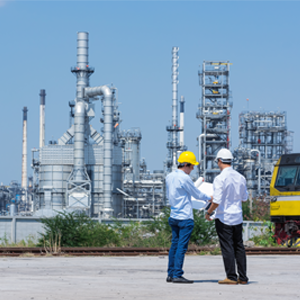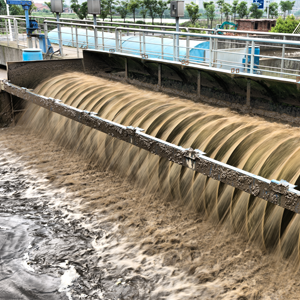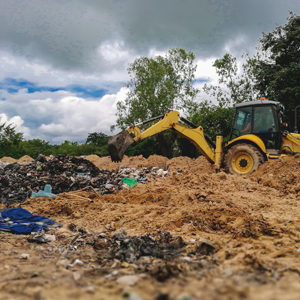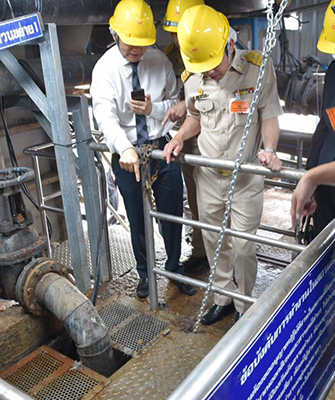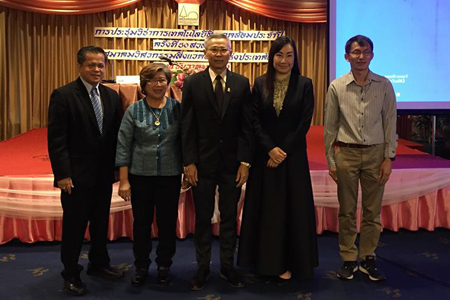ประวัติความเป็นมา
The Environmental Engineering Association of Thailand (EEAT)was founded in 1983 by an initiative of a group of environmental engineers namely Asso. Prof. Dr. Thongchai Panswad (his position at that time), Mr. Varit Mongkonsri, Mr. Sakchai Suriyajantratong, and Mr. Suchat Satitmannaitam.The association was first named "Thai Environmental Engineers Association" which later was changed to EEAT in 1992.The association's original purposes were to serve as a technological center for members and to protect the rights of the environmental engineering profession.
For more than 20 years, EEAT has been an educational and technical center which provided its members and the public with the latest information and technologies on environmental management and control.
"Thai Environmental Engineers Association" which later was changed to EEAT in 1992. The association's original purposes were to serve as a technological center for members and to protect the rights of the environmental engineering profession. For more than 20 years, EEAT has been an educational and technical center which provided its members and the public with the latest information and technologies on environmental management and control.
For more than 20 years, EEAT has been an educational and technical center which provided its members and the public with the latest information and technologies on environmental management and control.
"Thai Environmental Engineers Association" which later was changed to EEAT in 1992. The association's original purposes were to serve as a technological center for members and to protect the rights of the environmental engineering profession. For more than 20 years, EEAT has been an educational and technical center which provided its members and the public with the latest information and technologies on environmental management and control.
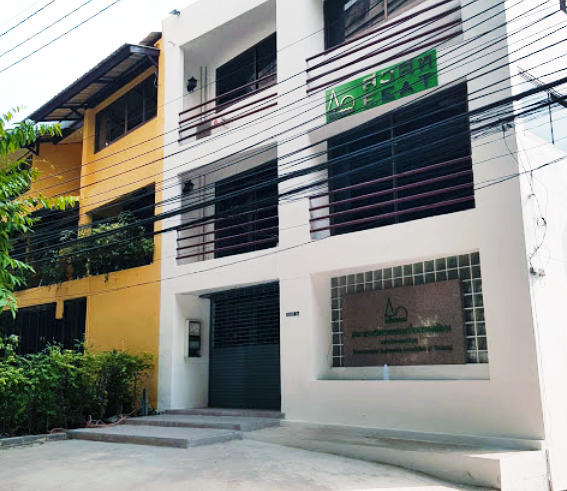
บริการด้านเทคนิค
EEAT plays a major role in following up and review the government actions and legislation on the environmental issues for the practical techniques. Should there be any impractical laws and regulations on pertinent issues, EEAT will issue a request to responsible bureaus for revision. Some examples of the EEAT's actions and achievements in the past are as follows:
Requested revision of building laws in the sewage treatment and disposal section according to engineering practice. Proposed the Bangkok Metropolitan Administration (BMA) to redefine the term "Septic Tank" to suit the sanitary engineering practice. Requested an import duty exemption for the pollution control equipment and a reduction in electricity charges for pollution control operations. Requested the BMA to issue the design codes for wastewater treatment plants to prevent any disputes between designing engineers and authorized officers. Served as an autonomous organization for equipment testing and certifying.
Requested revision of building laws in the sewage treatment and disposal section according to engineering practice. Proposed the Bangkok Metropolitan Administration (BMA) to redefine the term "Septic Tank" to suit the sanitary engineering practice. Requested an import duty exemption for the pollution control equipment and a reduction in electricity charges for pollution control operations. Requested the BMA to issue the design codes for wastewater treatment plants to prevent any disputes between designing engineers and authorized officers. Served as an autonomous organization for equipment testing and certifying.
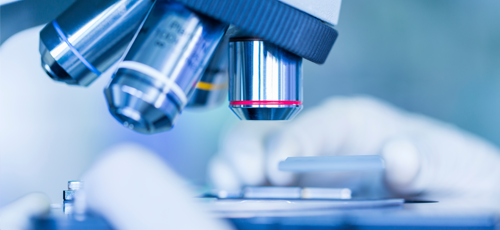

ส่วนร่วมในระดับนานาชาติ
EEAT manages, organizes, and participates in several events through out the year, for example:
EEAT is a representative from Thailand to join and work closely with several highly regarded international organizations on environmental engineering and science, for example:
EEAT is a representative from Thailand to join and work closely with several highly regarded international organizations on environmental engineering and science, for example:
- International Water Association (IWA)
- Water Environment Federation (WEF)
- International Solid Waste Association (ISWA)


